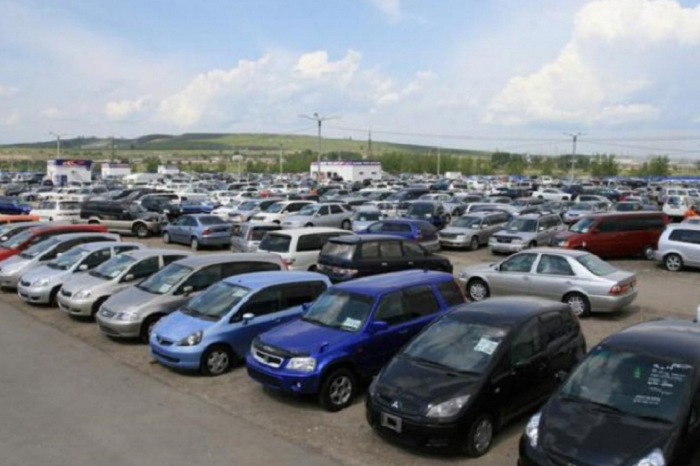
‘Hike import tax on used cars’
The Environmental Protection Agency (EPA) is making a strong case to introduce higher taxes on imported used cars while taxes on new cars are drastically reduced.
The move, the Head of the Environmental Quality Department of the EPA, Mr Emmanuel K.E. Appoh, told the Daily Graphic, would help reduce the high levels of emission, which is reducing air quality in the country’s cities.
He said the current tax regime highly favoured used car imports, a situation that encouraged such imports at the expense of public health.
According to him, the situation is compounded by importation of fuel with high sulphur content — 3,000 parts per million — into the country.
“This is a public health issue that must be addressed to reduce the number of people silently dying from respiratory and cardiovascular diseases.
“The Ghana Health Service did an assessment in 2010 and realised that respiratory ailment is second to malaria among the top 20 diseases in Ghana,” he said.
According to the EPA, the major sources of ambient air pollution include vehicular exhaust emissions—the largest emitters being older vehicles, emissions from industrial sources, domestic waste, healthcare waste, road and windblown dust, mercury fumes from artisanal/small-scale gold mining.
Cost to Ghana
According to the United Nations (UN) Environment statistics, in Ghana, close to 7,000 deaths in 2013 were attributed to outdoor air pollution, with the economic cost of premature deaths estimated at $5 billion.
With diesel emissions from urban buses said to pose a significant health risk and constituting up to 70 per cent of the risk of exposure to air toxics, experts believe that the solution is in improved public transport, particularly the introduction of soot-free buses.
The EPA recently hosted a workshop for environmental and transport experts across the continent to promote soot-free bus and sustainable public transport in Accra.
According to experts, soot-free engines utilise high-efficiency diesel particulate filters that provide up to 99 per cent reduction of small particles that are harmful to human health.
Other soot-free engines include those that utilise compressed natural gas, electricity and biodiesel to comply with European standards.
Writer’s email:
